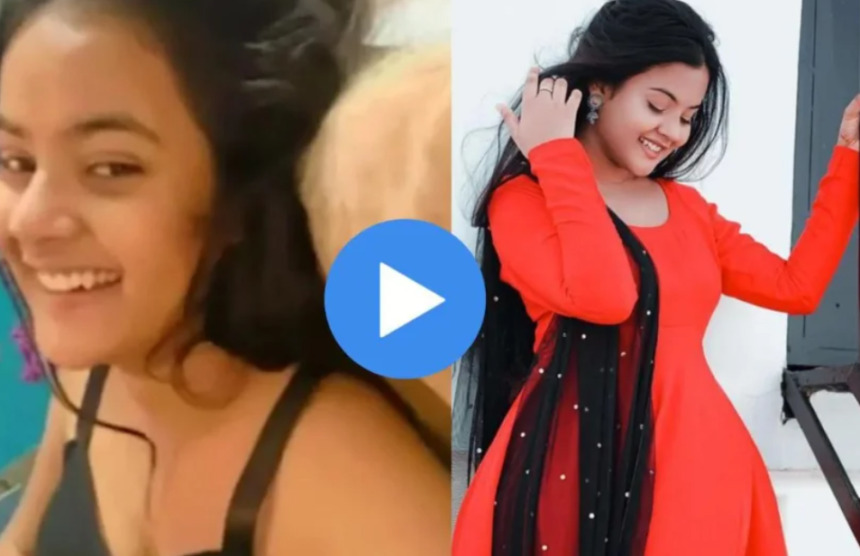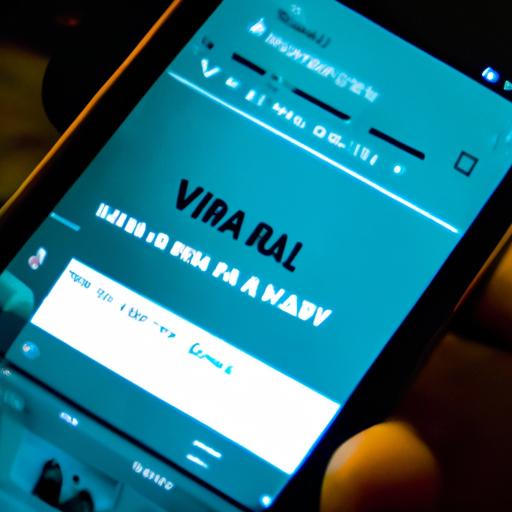Viral MMS Scandals: India & Pakistan - News & Updates
Is the digital world a playground for voyeurism, or a potential minefield for privacy? The proliferation of "viral MMS" incidents, where private multimedia content is disseminated without consent, underscores a disturbing trend that demands our urgent attention.
The term "viral MMS" has morphed from its original meaning Multimedia Messaging Service to encompass sexually explicit videos, images, or audio files that spread rapidly across platforms like WhatsApp, Telegram, and various social media networks. This rapid dissemination is often fueled by malicious intent and a disregard for the individuals involved, leaving victims vulnerable to significant emotional distress and reputational damage. The question of legality and ethical considerations surrounding these incidents is paramount, particularly in a country like India, where internet penetration is high, and digital literacy varies.
The legal landscape surrounding the sharing of explicit content in India is complex. While specific laws address the creation and distribution of child pornography and content that incites violence, the nuances of non-consensual intimate content require continuous legal and societal scrutiny. The Information Technology Act, 2000, and subsequent amendments, provide some recourse, but the speed at which such content spreads and the challenges of identifying and prosecuting perpetrators make it difficult to contain.
One of the most prominent cases involves Anjali Arora, a social media influencer who gained significant attention after appearing on the reality show 'Lock Upp'. Following her time on the show, a morphed MMS video of Arora circulated widely, leading her to take legal action against news portals and YouTube channels. This incident highlights the vulnerability of public figures to such attacks and underscores the challenges of combating digital misinformation. The case also raises questions about the responsibility of online platforms in regulating content and protecting users from the harmful effects of manipulated media.
The cases of Minahil Malik and Kanwal Aftab further expose how individuals in the public eye, particularly those with a significant presence on platforms like TikTok and Instagram, are at risk. These cases demonstrate the vulnerability of individuals, the rapid spread of unverified content, and the potential for these incidents to be exploited for various reasons, including malicious purposes or reputational damage. In Pakistan, the alleged incidents involving Minahil Malik and Kanwal Aftab have garnered considerable attention, revealing the global nature of this issue.
The spread of such content can have devastating consequences for those involved. Beyond the immediate emotional distress, victims may experience social isolation, damage to their personal and professional lives, and even threats of violence. The psychological impact can be long-lasting, requiring support and resources to navigate the aftermath. The rise of deepfakes and manipulated media adds another layer of complexity, as it becomes increasingly difficult to determine the authenticity of content and hold perpetrators accountable.
The cases of Anjali Arora and others demonstrate how quickly these videos can go viral, amplifying their impact across the internet. This makes removing the content a challenge. It is essential to provide support for the victims of these incidents. Mental health services, legal assistance, and support groups are crucial.
The recent situation involving Seema Haider and her husband Sachin has further added fuel to the controversy fire. The situation is also an example of how quickly misinformation can spread online. Law enforcement agencies face a difficult task in addressing such problems. The speed at which content is shared makes controlling its spread extremely difficult. However, the increasing number of cases and the speed at which they spread on the internet show that more action is needed.
In the Pakistani context, renowned news anchor Mona Alam faced allegations related to a fabricated explicit viral MMS video falsely linked to her. This incident underscores how such attacks are used to target even public figures.
The challenges are multifaceted. The lack of digital literacy among some segments of the population contributes to the problem, as individuals may unknowingly share or engage with harmful content. The anonymity provided by the internet and social media platforms makes it difficult to trace the source of leaked content and hold perpetrators accountable. The sheer volume of content being generated and shared online presents significant challenges for content moderation and enforcement.
The question remains: What can be done? A multi-pronged approach is needed, including legal reforms, improved content moderation, increased digital literacy, and a shift in societal attitudes. Law enforcement agencies need to be equipped with the resources and expertise necessary to investigate and prosecute cases involving the non-consensual sharing of intimate content. Social media platforms have a responsibility to develop effective content moderation policies and swiftly remove harmful content. Educational initiatives are crucial to promote digital literacy and educate users about the risks of online sharing and the importance of consent.
The core of the issue lies in the understanding and respect of consent. In a society where digital spaces are increasingly integrated into daily life, it is essential to promote awareness and education, starting from schools and community levels. Promoting and emphasizing the value of individual privacy online and off will result in a culture that values and respects digital boundaries.
Below is a table for the basic information regarding Anjali Arora.
| Category | Details |
|---|---|
| Full Name | Anjali Arora |
| Known For | Social Media Influencer, Reality TV Personality ('Lock Upp') |
| Profession | Influencer, Model, Actress |
| Date of Birth | To be updated |
| Birthplace | To be updated |
| Nationality | Indian |
| Notable Work | Reality TV Show 'Lock Upp' |
| Controversies | MMS video |
| Legal Action | Filed a case against those sharing a morphed video |
| Social Media Presence | High, various social media platforms |
| Reference | DNA India |


